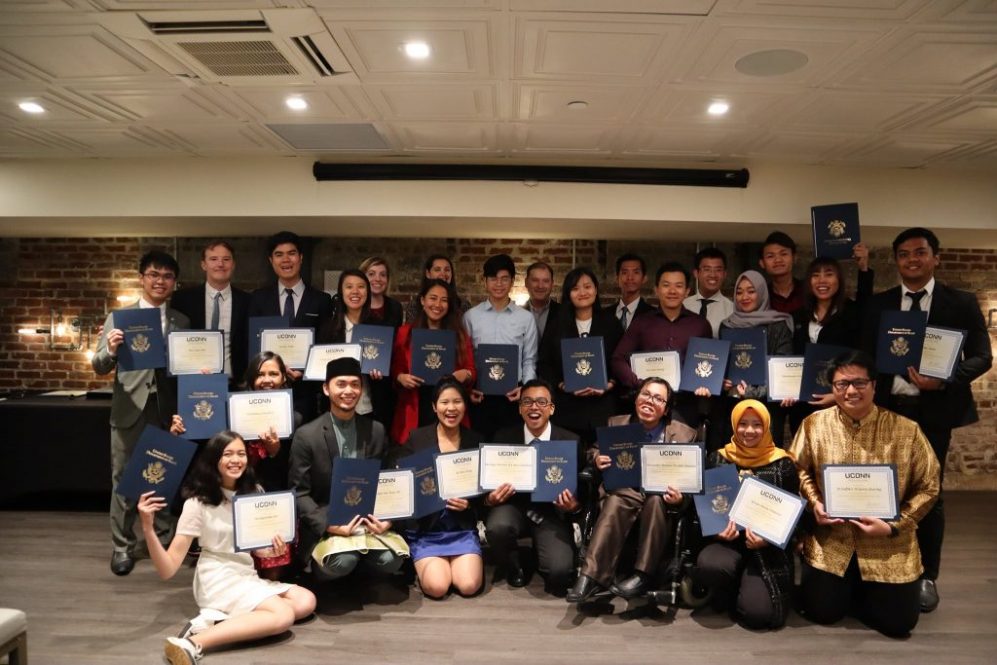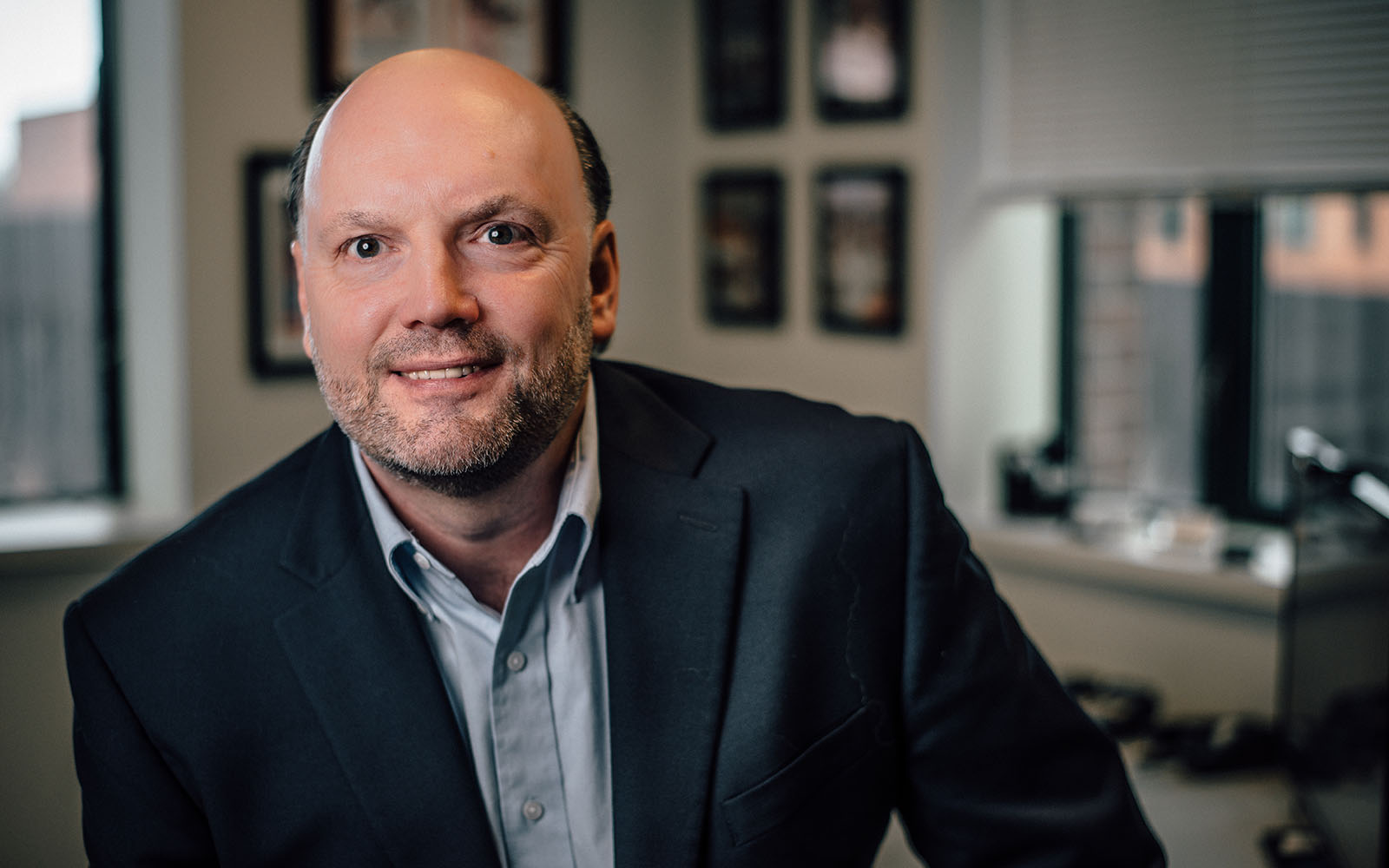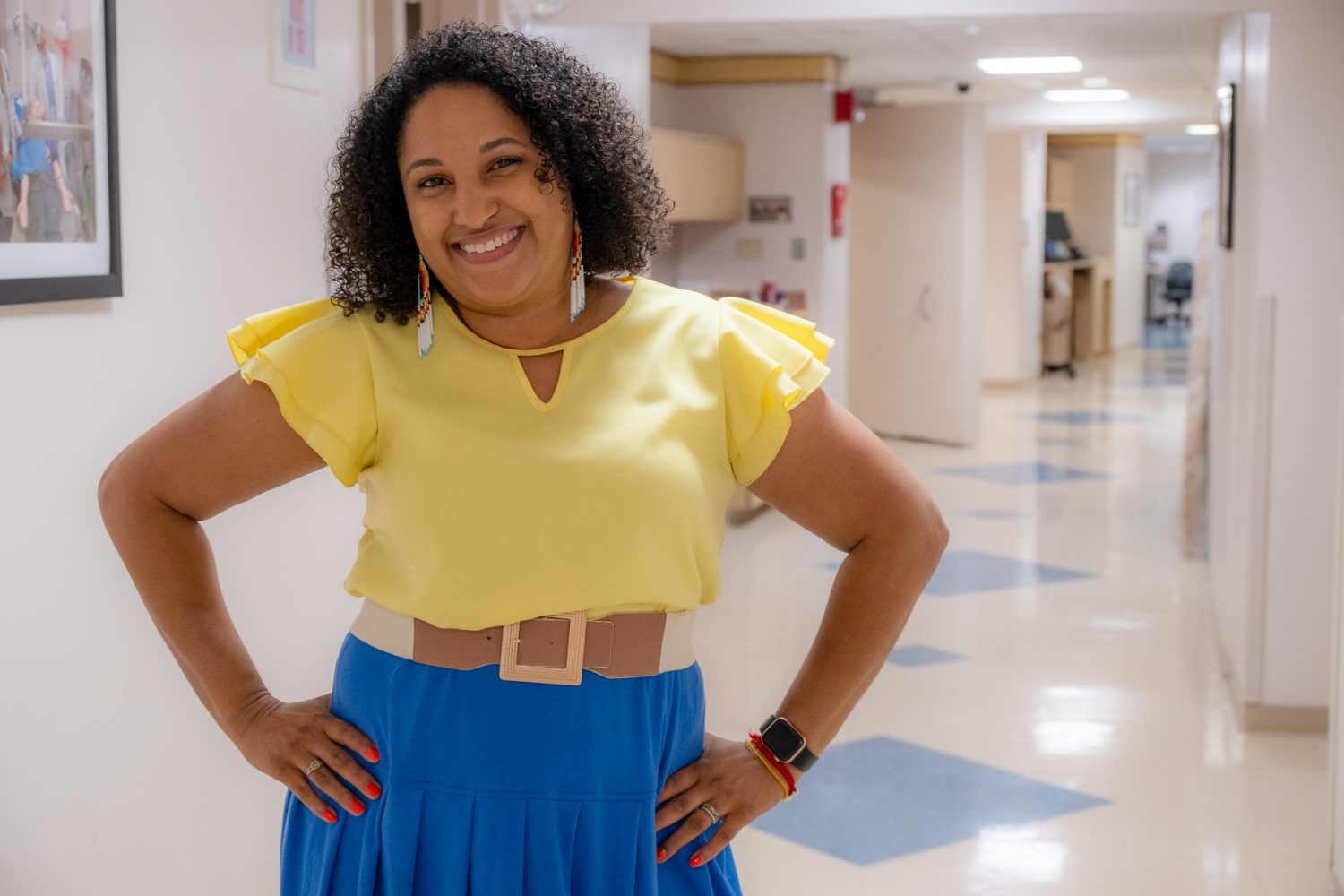Participants in the Young Southeast Asian Leadership Initiative (YSEALI) Academic Fellowships program presented their business plans to their peers and the UConn community on October 1, wrapping up their time with the University of Connecticut.
The group arrived to the United States in September to spend five intensive weeks learning about U.S. history and culture, leadership, social entrepreneurship and economic development. Led by UConn’s YSEALI Academic Director Dr. Jack Barry, the fellows developed business plans for a social enterprise to identify and solve a social problem from their own community.
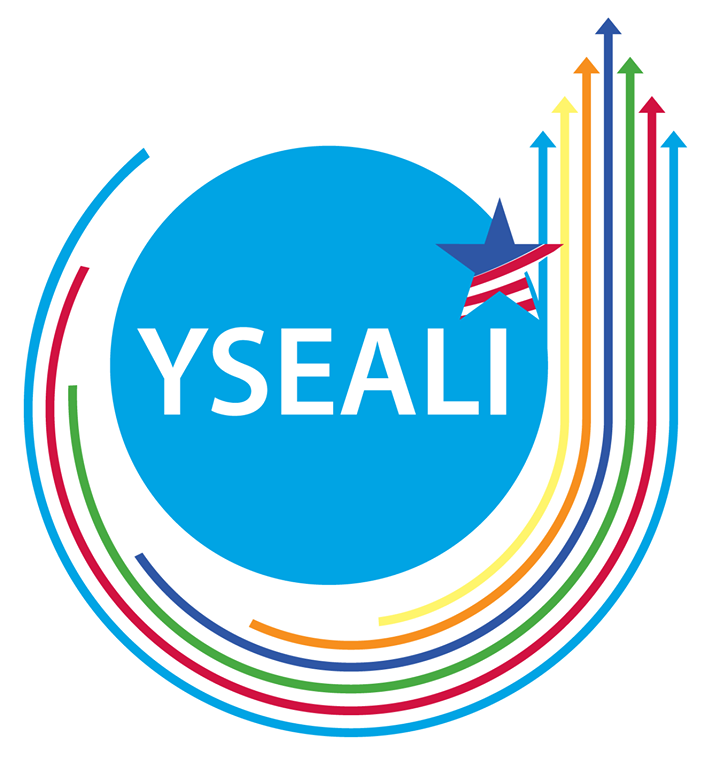 This was the ninth group of YSEALI students hosted and administered by UConn’s Global Training and Development Institute (GTDI). The current multi-year program was funded through a $3.9 million grant from the U.S. State Department Bureau of Educational and Cultural Affairs (ECA). Dr. Roy Pietro, the Director of the GTDI, serves as the PI and Project Director for the program. This is the second year (3rd cohort) where UConn partnered with Brown University to host a combined total of 42 fellows per cohort.
This was the ninth group of YSEALI students hosted and administered by UConn’s Global Training and Development Institute (GTDI). The current multi-year program was funded through a $3.9 million grant from the U.S. State Department Bureau of Educational and Cultural Affairs (ECA). Dr. Roy Pietro, the Director of the GTDI, serves as the PI and Project Director for the program. This is the second year (3rd cohort) where UConn partnered with Brown University to host a combined total of 42 fellows per cohort.
YSEALI was launched by President Obama in 2013 to develop a network with emerging leaders ages 18-35 in the Association of Southeast Asia Nations (ASEAN) by expanding their professional skills and encouraging regional problem solving through building international relationships.
“Regardless of who our leaders are and how our cultures differ across countries, person to person connections can be very strong when you get people face to face,” Barry says. “People often have similar goals and ambitions, a way they want to see the world that might not be reflected in their country’s politics.”
Everyone is encouraged to speak his or her ideas openly, always getting a chance to have a voice.
“We keep it American classroom rules,” says Barry. “Freedom of speech in the classroom if you will. You can say whatever you want. You can challenge a professor. You can ask a professor whatever question you like. You can disagree with a fellow classmate’s opinion and have a debate.”
Noomnuan Srisanang, from Thailand, said she was hesitant to work with twenty other fellows from ten different countries, thinking she would only interact with peers from her own country, but that feeling went away quickly when she saw how professional and welcoming the group was.
“We’ve only been together for three or four weeks but it feels like three or four years,” Srisanang says. “Here we help each other out like we are from the same country.”
The fellows went on to spend their final week on a study tour—visiting social enterprises, and historical sites, in New Haven, New York City, Philadelphia and ending in Washington D.C. In the final session, on Thursday, October 10, 6 students (3 from UConn and 3 from Brown) were selected to present their projects in poster pitch sessions to the U.S. Department of State Bureau of Educational and Cultural Affairs. After returning home, all the participating YSEALI fellows have a chance to revise their plans and apply for $500 in project funding to kickstart their social enterprise.
Of the forty-two UConn and Brown fellows, about thirty will likely go on to apply for the grant funds, says Barry.
An important indicator of success among the participants is networking, Barry says. The students get to make connections with each other and create stronger bonds within the ASEAN region.
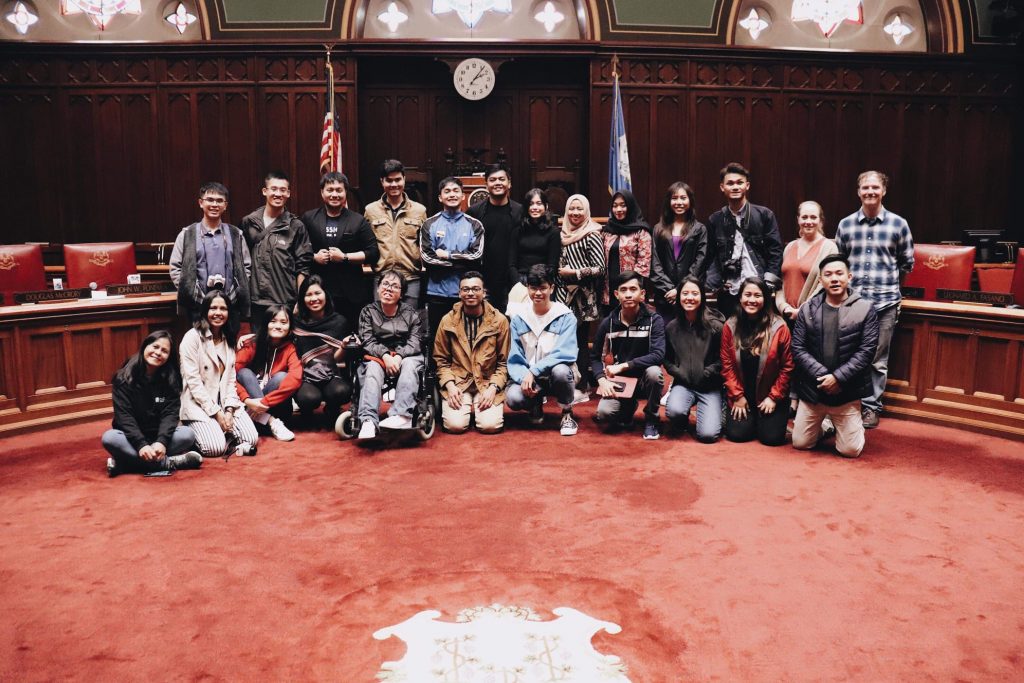 When looking at the globe, we may think these countries are close neighbors and it’s easy for someone to travel between them, but many participants are from remote areas in their countries and travel is difficult, notes Barry.
When looking at the globe, we may think these countries are close neighbors and it’s easy for someone to travel between them, but many participants are from remote areas in their countries and travel is difficult, notes Barry.
“They often haven’t traveled to each other’s country but they leave here with strong ties and connections to their new friends creating social enterprises, essentially trying to change the world across different parts of Southeast Asia,” Barry says.
An important aspect of the program is cultural interchange within the group and with Americans.
The students are not only taken out in the community to volunteer and attend public events, but also invited into smaller classrooms where they get to connect with UConn students and professors.
Long Pham, from Vietnam, has a background in environmental science but found he could develop the business skills he lacked through the YSEALI program, learning through engagement with his peers, guest speakers, UConn students, professors and experiencing U.S. culture.
“The power of cultural exposure is very important,” says Pham.
UConn’s GTDI has worked with the ECA since 2009, hosting over seven hundred students from four continents through similar professional and academic exchange programs on a variety of academic themes such as Women’s Empowerment, Grassroots Leadership, Economic Empowerment, Entrepreneurship and Sports for Social Change.
